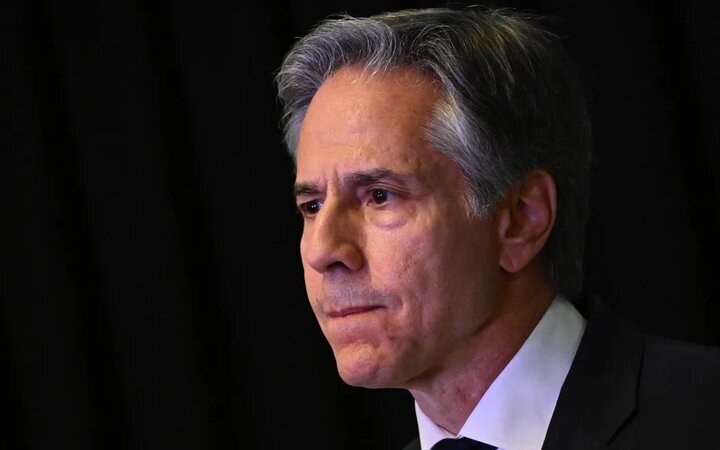Blinken admits Iran fulfilled its commitments to JCPOA prior to US withdrawal

TEHRAN — Former U.S. Secretary of State Antony Blinken has acknowledged that Iran was in full compliance with the 2015 nuclear agreement prior to the deal’s unilateral violation by the United States under President Donald Trump during his previous term.
He also admitted that military options would not produce a sustainable resolution to the nuclear issue, calling instead for renewed diplomacy.
Speaking on a podcast hosted by CNN's Christiane Amanpour on Tuesday, Blinken claimed that before the latest round of Israeli aggression, Iran had agreed to limit its nuclear activities including uranium enrichment in coordination with European signatories.
Blinken confirmed that the Joint Comprehensive Plan of Action (JCPOA) had been working effectively before Washington withdrew. “Iran was honoring its commitments under the deal—not only confirmed by international inspectors but also by our own intelligence sources,” he said.
According to the deal, Iran was permitted to enrich uranium to 3.67% using its own centrifuge technology. Blinken noted that Iran had respected these limits. He warned, however, that if Iran were to resume its nuclear program in full, it could now develop capabilities “in facilities buried deeper than ever—far beyond conventional targeting.”
Blinken stressed that the United States cannot rely on force. “The military option cannot deliver a lasting result. What we need is diplomacy that leads to a longer-term, verifiable, and sustainable agreement.”
He also admitted that Israeli Prime Minister Benjamin Netanyahu was never in favor of the JCPOA, and is unlikely to support any future diplomatic initiative. At the same time, Blinken recognized that Iran’s nuclear program has become a symbol of national pride, resulting from decades of investment and technological development.
Blinken’s comments follow the 12-day Iran-Israel conflict, which began on June 13 after the Zionist regime launched unprovoked and unlawful strikes against Iranian residential areas, military bases, and nuclear facilities. Iran responded with a sustained campaign of precision retaliatory attacks across the occupied territories.
The United States entered the conflict ten days later, targeting nuclear sites previously struck by Israel. On June 24, a pause in fighting was introduced after Iran hit the most strategic American base in West Asia with missiles. The truce proposal was conveyed to Tehran via Qatari mediation.
Despite ongoing provocations, Iran remains committed to the JCPOA and insists that its partial suspension of obligations is a direct response to repeated violations by the United States and European parties.
In the wake of attacks on its nuclear sites, Iran’s Parliament passed legislation to suspend cooperation with the International Atomic Energy Agency (IAEA). Nevertheless, Iranian officials have stated that as a member of the Non-Proliferation Treaty (NPT), Iran will continue its interaction with the Agency—but under a revised framework.
All future nuclear cooperation, Tehran said, will be managed by the Supreme National Security Council (SNSC)—reflecting a move toward greater strategic oversight of Iran’s peaceful nuclear program.
Leave a Comment